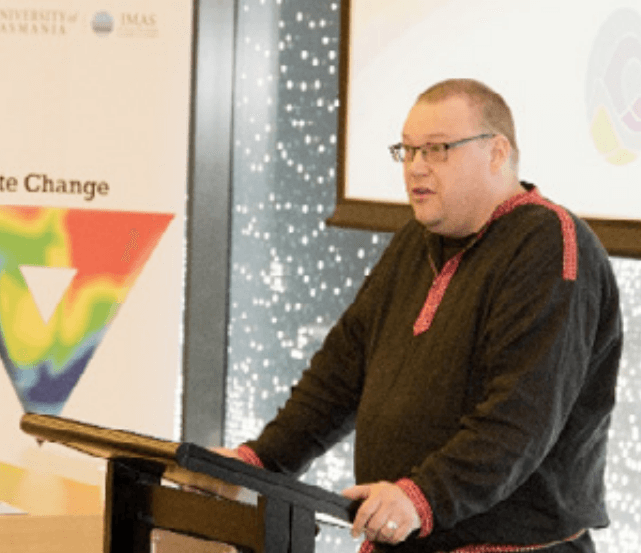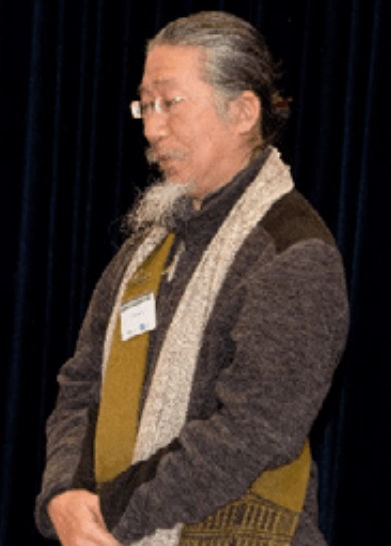CMS recognises the increasing importance of engagement and communication across all facets of marine socioecological research. Globally, public perceptions and understanding of scientific research influence uptake and application of this research in practice. Our efforts within this theme focus on improving communication and engagement with marine stakeholders, policymakers and the wider community. We aim to increase understanding of achieving engagement and science impact in practice, as well as work to identify the potential for activities, including citizen science and knowledge brokering, that can improve ocean literacy, marine citizenship and research uptake - ultimately, to develop pathways to impact for the timely and socially-relevant work and research we are conducting within the Centre.
This theme focuses on the role of knowledge co-production in achieving sustainability outcomes for marine socioecological systems. Knowledge co-production involves a dynamic interaction between researchers and stakeholders that connects science/research, policy, practice and community. How this dynamic interaction works and can be strengthened
for sustainability outcomes is a field of research in its own right. The CMS aims for this theme are to:

